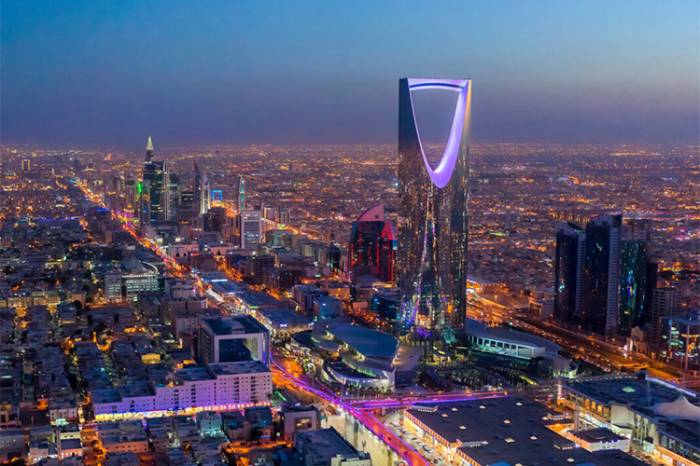World Cup 2034: Saudi Arabia’s alcohol debate intensifies
Speculation persists about potential policy changes ahead of hosting FIFA World Cup 2034
2025-05-27

Last week, the international beverage trade was shaken by reports suggesting that Saudi Arabia might soon relax its long-standing ban on alcohol. The speculation centered on the possibility that the kingdom would allow alcohol sales in select tourist zones ahead of hosting the 2034 FIFA World Cup. However, on Monday, a Saudi official moved quickly to dismiss these reports, calling them unfounded. Despite this denial, there has been no official government statement clarifying the country’s position.
Saudi Arabia has maintained a strict prohibition on alcohol for 73 years. The country’s laws reflect its status as the spiritual center of Islam, with severe penalties for violations. For foreigners, consuming alcohol can result in deportation, while Saudi citizens face even harsher consequences, including imprisonment or public flogging. Alongside Kuwait, Saudi Arabia remains one of the only Gulf states with a total ban on alcohol.
In January 2024, Saudi authorities quietly opened the first licensed liquor store in Riyadh. Access is strictly limited to non-Muslim diplomats and is controlled through an app called Diplo. The store is located in the capital’s diplomatic quarter, and security measures are tight—mobile phones are banned inside to prevent images from being shared publicly. According to a Western diplomat familiar with the store, it is well-stocked but subject to monthly purchase quotas.
This move marks a symbolic shift in a country where alcohol has previously only been available through diplomatic channels or the black market. The opening of the store is seen as an attempt to curb smuggling and lay groundwork for possible future changes to alcohol policy, though any such changes would be gradual and tightly regulated.
Crown Prince Mohammed bin Salman has led a series of reforms under his Vision 2030 plan, aiming to diversify Saudi Arabia’s oil-dependent economy and reposition the kingdom as a hub for tourism, technology, and investment. These economic ambitions have been accompanied by modest social liberalization measures. In recent years, Saudi Arabia has allowed concerts and cinemas, eased gender segregation rules, and permitted women to drive.
Despite these changes, the issue of alcohol remains highly sensitive. King Salman holds the title of Custodian of the Two Holy Mosques, underscoring Saudi Arabia’s religious significance. Any move toward legalizing alcohol would be controversial both domestically and across the Muslim world.
Saudi Arabia’s efforts to improve its global image are evident in other areas as well. The kingdom has attracted international sports stars like Cristiano Ronaldo and Sadio Mané to its football league and launched massive development projects such as Neom—a futuristic linear city on the Red Sea coast. There is ongoing speculation that some of these new resort-style developments could eventually include discreet wine shops or cocktail bars catering to foreign visitors.
For now, however, there is no official confirmation of any broader change in alcohol policy. The government continues to deny reports of an imminent shift while quietly testing limited access for diplomats. As Saudi Arabia prepares for major international events and seeks to attract more tourists and investors, how it balances tradition with modernization will remain closely watched by both domestic audiences and the global community.
Founded in 2007, Vinetur® is a registered trademark of VGSC S.L. with a long history in the wine industry.
VGSC, S.L. with VAT number B70255591 is a spanish company legally registered in the Commercial Register of the city of Santiago de Compostela, with registration number: Bulletin 181, Reference 356049 in Volume 13, Page 107, Section 6, Sheet 45028, Entry 2.
Email: [email protected]
Headquarters and offices located in Vilagarcia de Arousa, Spain.